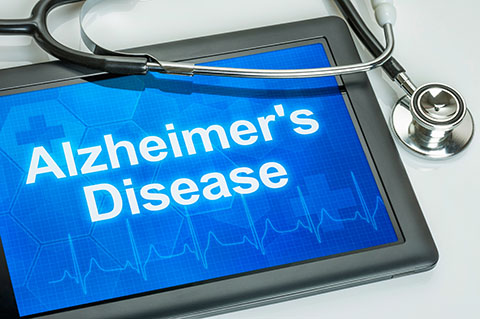
Alzheimer’s Disease is the most common form (70%) of dementia with a devastating effect on memory, thinking, behavior and autonomy. However, a reliable diagnosis remains difficult. More than 1 in 3 patients receive an incorrect diagnosis. An international team of researchers has made it their mission to provide a simpler, more reliable approach to the… Read more »




